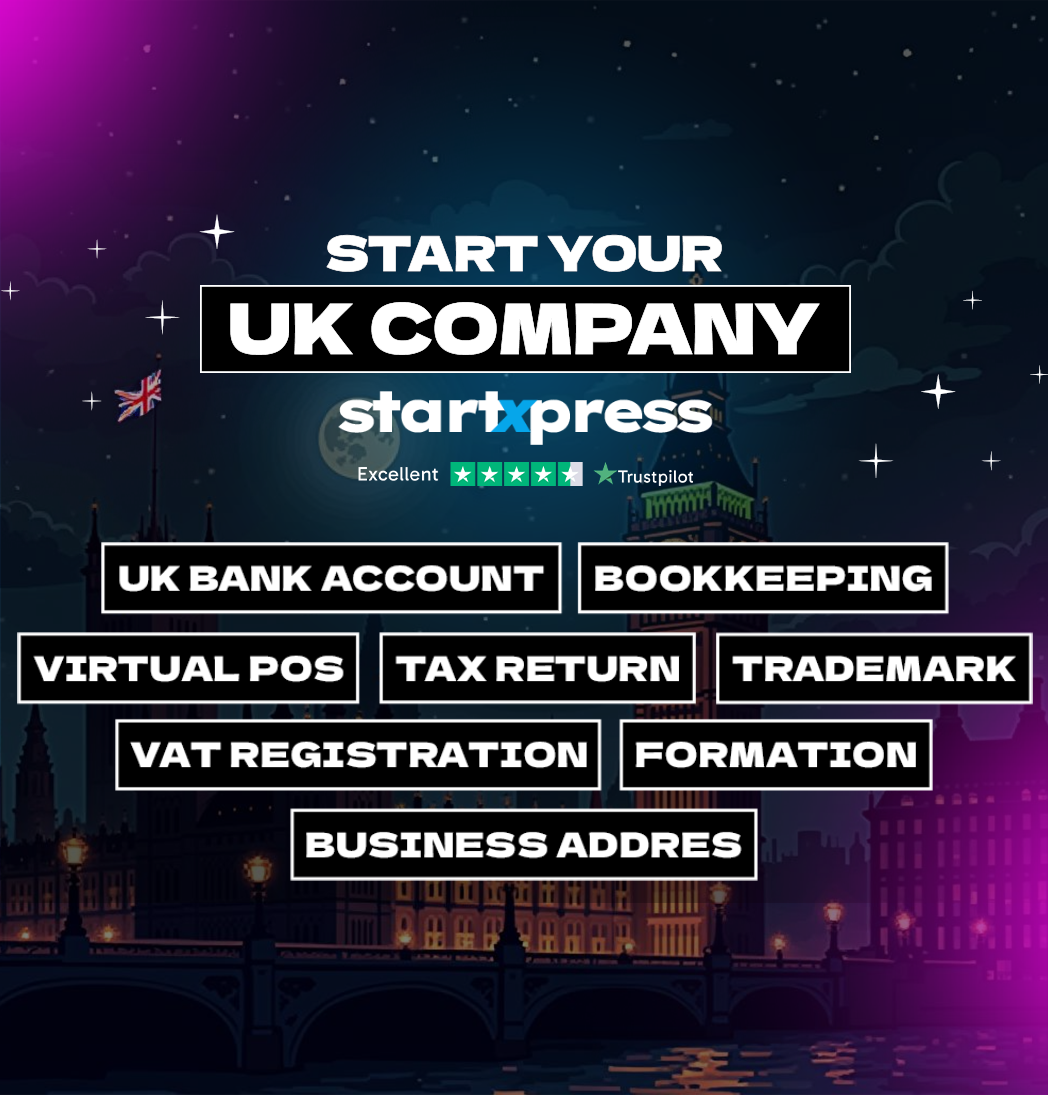Do I need to tell HMRC about my company formation?
It’s common to feel uncertain about the steps involved in setting up a limited company, particularly regarding the roles of Companies House and HMRC in the incorporation process.
In this article, we’ll clarify any misunderstandings. But first, let’s address a key question: do you need to notify HMRC when forming your company?
No, when you form a limited company you don’t need to notify HMRC
Companies House will handle this for you, but there are still some important details that you need to inform HMRC about.
We’ll take a look at specifics shortly, but first, let’s step back and clarify the distinct roles of Companies House and HMRC in the process.
A Quick Overview of Companies House
Companies House serves as the official registrar of companies in the United Kingdom. It is essential to involve Companies House in some capacity when registering a UK company, as registration cannot occur without their participation.
While you can register a company directly through Companies House—either online via their website or by submitting paper documentation—many new business owners opt to use a company formation agent, like us.
This choice is often made because a formation agent can offer additional services that Companies House does not provide. For instance, an agent might allow you to use their address as your company’s registered office for a fee. This service helps protect your personal address from being listed on the public register and can enhance your company’s professional image.
This is just one of the extra services a company formation agent can offer. For a complete list of additional services, be sure to check out our company formation packages comparison page.
Companies House is responsible for more than just registering limited companies.
They also manage the Companies House public register, which includes all UK companies along with key details such as officer names, filing information, and financial records. This register is essential for promoting transparency among limited companies in the UK.
A Quick Overview of HMRC
HM Revenue and Customs (HMRC) is the UK government department responsible for tax collection.
When your company starts trading and generating profit, it becomes liable for Corporation Tax.
Here’s what you need to do concerning HMRC once you’ve formed a limited company.
Your first correspondence with HMRC
Around two weeks after your company is formed, HMRC will send a letter to your registered office. This letter will include your Unique Taxpayer Reference (UTR) and the contact details for your Corporation Tax office.
Put the letter somewhere safe or make a note of the information. It’s important.
If you are going to trade with your limited company
You must inform HMRC that your business is operational within 3 months of starting to trade for Corporation Tax purposes.
To do this, you’ll need to set up a Government Gateway account, where you’ll be asked to provide the start date of your trading activities. HMRC will then send additional information, including important filing deadlines, to your registered office.
If you are not going to trade with your limited company
Not all businesses start trading immediately, and some may never trade at all. If you’re not ready to start trading yet—or don’t plan to trade—you must notify HMRC. To do this, send a letter to your Corporation Tax office (the contact details are provided in your initial correspondence from HMRC) to inform them of your company’s dormant status.
In summary, while you don’t need to inform HMRC about your company’s formation, you do need to update them on your trading status.
Do you have any other questions?
Letting HMRC know about your trading status is a key responsibility after forming your company. While you don’t need to inform them about the company formation itself, it’s essential to update them when your business starts trading or if it remains dormant. This helps ensure you meet your Corporation Tax obligations and avoid any penalties.
If you’re unsure about the process or need assistance, consulting with a professional can provide clarity. Startxpress is here to offer expert guidance and support.
For more details, check out the Startxpress Help Center and Blog. If you need assistance, contact us at support@startxpress.io! We’re here to help make managing your business as smooth as possible.
Related Articles
Was this helpful?
0 / 0

